Graham Reid | | 1 min read
The Jac: Marik
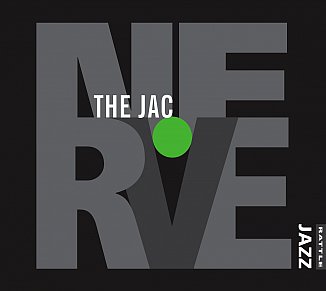
Although the idea of band growing out of a rehearsal outfit for staff and students at a music college doesn't exactly make the heart leap with anticipation, The Jac here are something quite different from your standard big band finding themselves on The Fake Book.
A mid-sized ensemble -- an octet which means it can cut down to spacious arrangements or spark up the whole for a bit of a blast -- The Jac came out of Wellington's New Zealand School of Music jazz programme, so there's a wealth of experience here, coupled with youthful enthusiasm.
And best of all, the five pieces were all written by either guitarist Callam Allardice or altoist Jake Baxendale, and both show a confidence in creating discrete pieces which allow others to shine.
Allardice's Marik at the midpoint for example could be the evocative opening music for a jazz-noir film from that black'n'white and neon world of New York in the Fifties, but then -- over Nick Tipping's bass -- the horns come through in deftly overlapping layers and street unease gives way to a gentle indoor ballad when Allardice's lyrical guitar enters. When bass and guitar take centrestage it is utterly seductive and the playing has an ego-free empathy.
Nerve is pure ensemble playing even though you are always aware of the individual components: New York Axel Man kicks things off with stacked horns (trumpet, saxes and trombone) but sudden tempo shifts nailed down by drummer Shaun Anderson mean each horn player is given space to explore a taut, urban character. Richard Thai makes wonderful use of the space for a woody sounding solo.
Much of this album is conservative (but not "neo-con" in the Marsalis meaning) in that it looks to the past -- Ellington, Max Roach, Blue Note in the early Sixties and Quincy Jones' impressionistic pieces -- but it locates itself in this new world.
Nothing -- no tune, no player -- outstays a welcome and the fleetfooted pieces (the bright Armada which offers trumpeter Alexis French and especially impressive pianist Daniel Millward small but productively used space) are offset by darker moods (Thieves in the Night driven by the fascinatingly geometrric playing of drummer Anderson).
And to close they look in another direction again, that of the traditional jazz ballad where -- within eight and half minutes -- they break things down and build them up again while impressing as an ensemble of refined and enthusiastic equals.
Given the collective talent here it's perhaps wrong to single out a name, but frankly I can't wait to hear the album which has pianist Millward's name at the top. Give him a trio or quartet setting, time in the room and let him go.
That's going to be something. Just as surely as this is. Listen to the final minute of Major Major Major and tell me they don't also have a sense of humour as they play cliche off cliche into a crowd-pleasing crescendo. That's gotta be fun live, for them and their audience.
Highly recommended.
.
For other Rattle Jazz releases at Elsewhere see here.

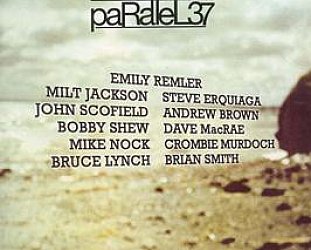

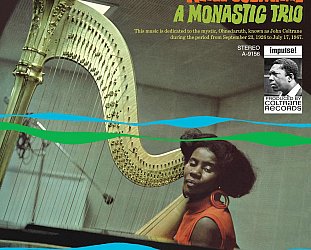
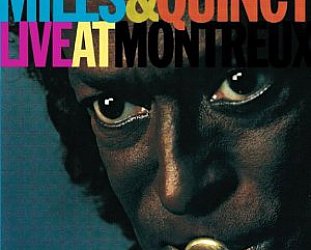

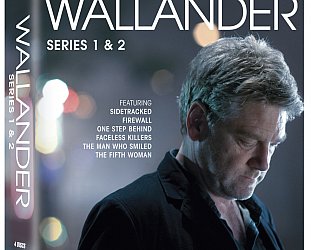
bruce larritt - Oct 4, 2021
Wonderful spare and clean
SaveThanks for once again bringing to our attention
post a comment